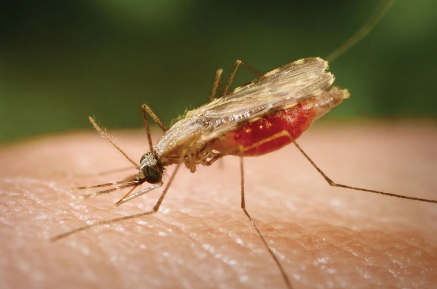WHO certifies Azerbaijan and Tajikistan as malaria-free
March 29, 2023 | Wednesday | News
A total of 42 countries or territories have reached the malaria-free milestone
The World Health Organisation (WHO) has certified Azerbaijan and Tajikistan for achieving elimination of malaria in their territories. The certification follows a sustained, century-long effort to stamp out the disease by the two countries.
Certification of malaria elimination is the official recognition by WHO of a country’s malaria-free status. The certification is granted when a country has shown – with rigorous, credible evidence – that the chain of indigenous malaria transmission by Anopheles mosquitoes has been interrupted nationwide for at least the past three consecutive years. A country must also demonstrate the capacity to prevent the re-establishment of transmission.
Azerbaijan detected its last case of locally transmitted Plasmodium vivax (P.vivax) malaria in 2012 and Tajikistan in 2014. With this announcement, a total of 41 countries and 1 territory have been certified as malaria-free by WHO, including 21 countries in the European Region.
Malaria control efforts in Azerbaijan and Tajikistan were strengthened through a range of investments and public health policies that enabled the governments, over time, to eliminate the disease and maintain malaria-free status.
Both Azerbaijan and Tajikistan utilise national electronic malaria surveillance systems that provide nearly real-time detection of cases and allow for rapid investigations to determine if an infection is local or imported. Additional interventions include biological methods of larvae control, such as mosquito-eating fish, and water management measures to reduce malaria vectors.









